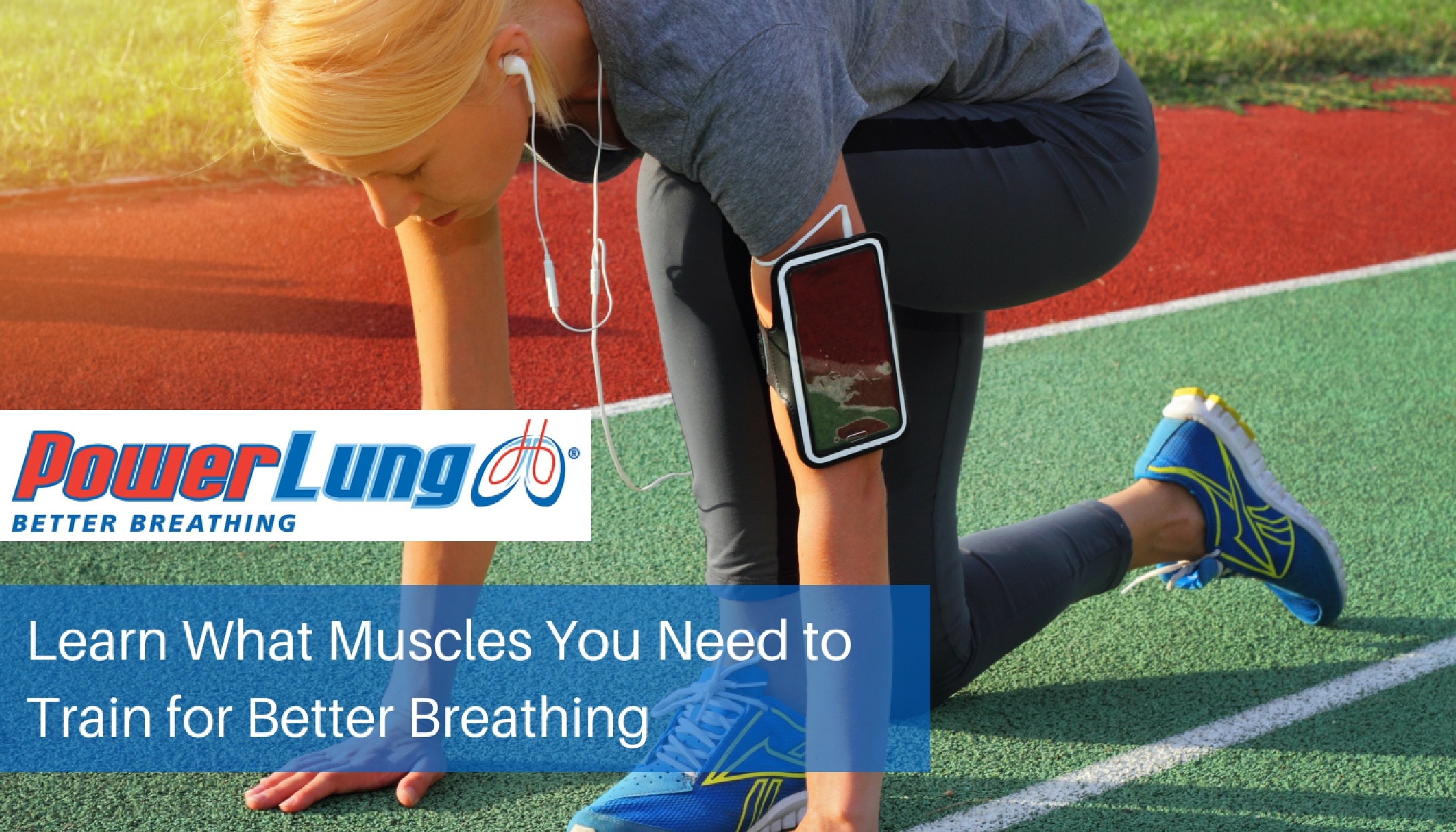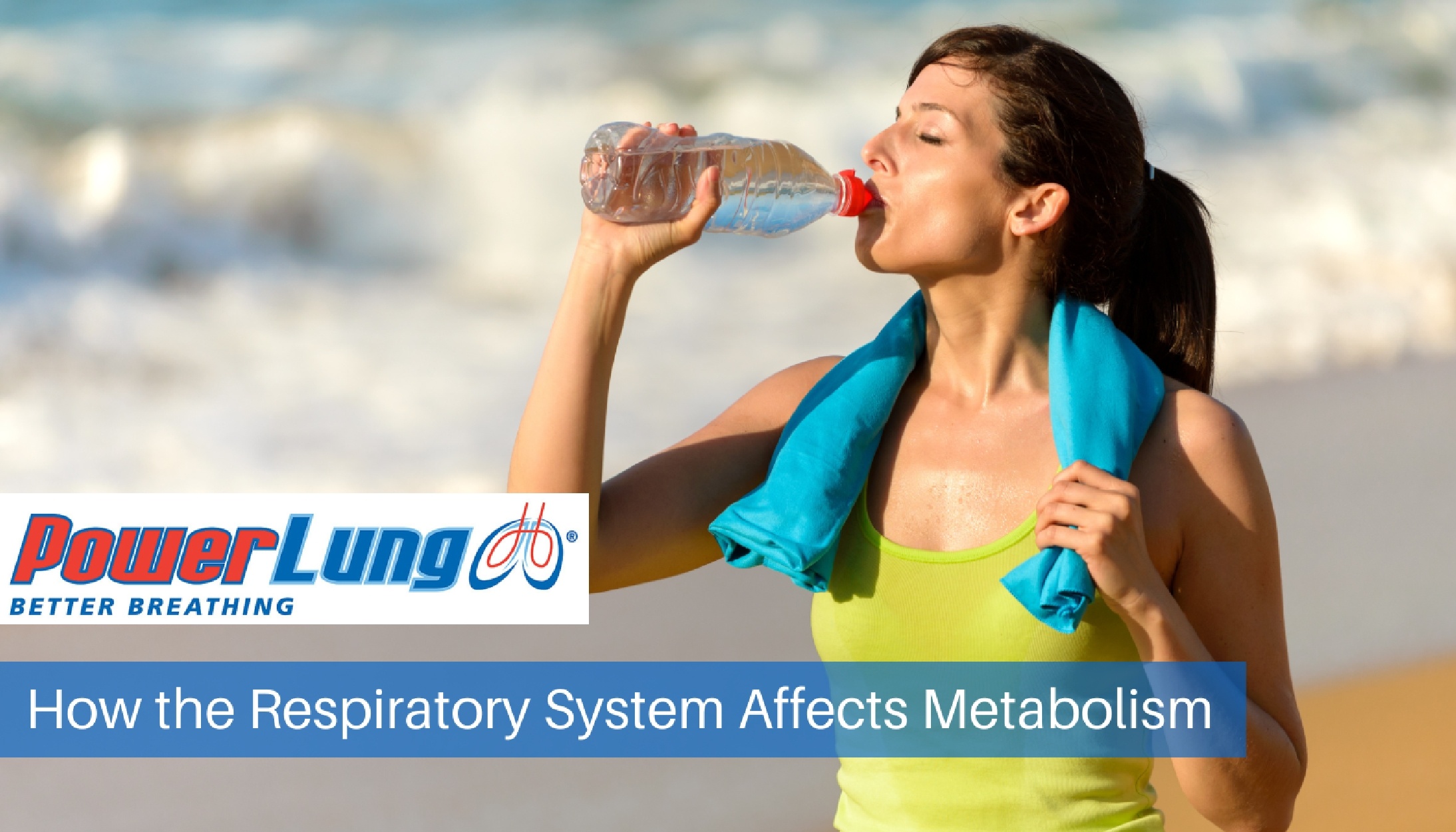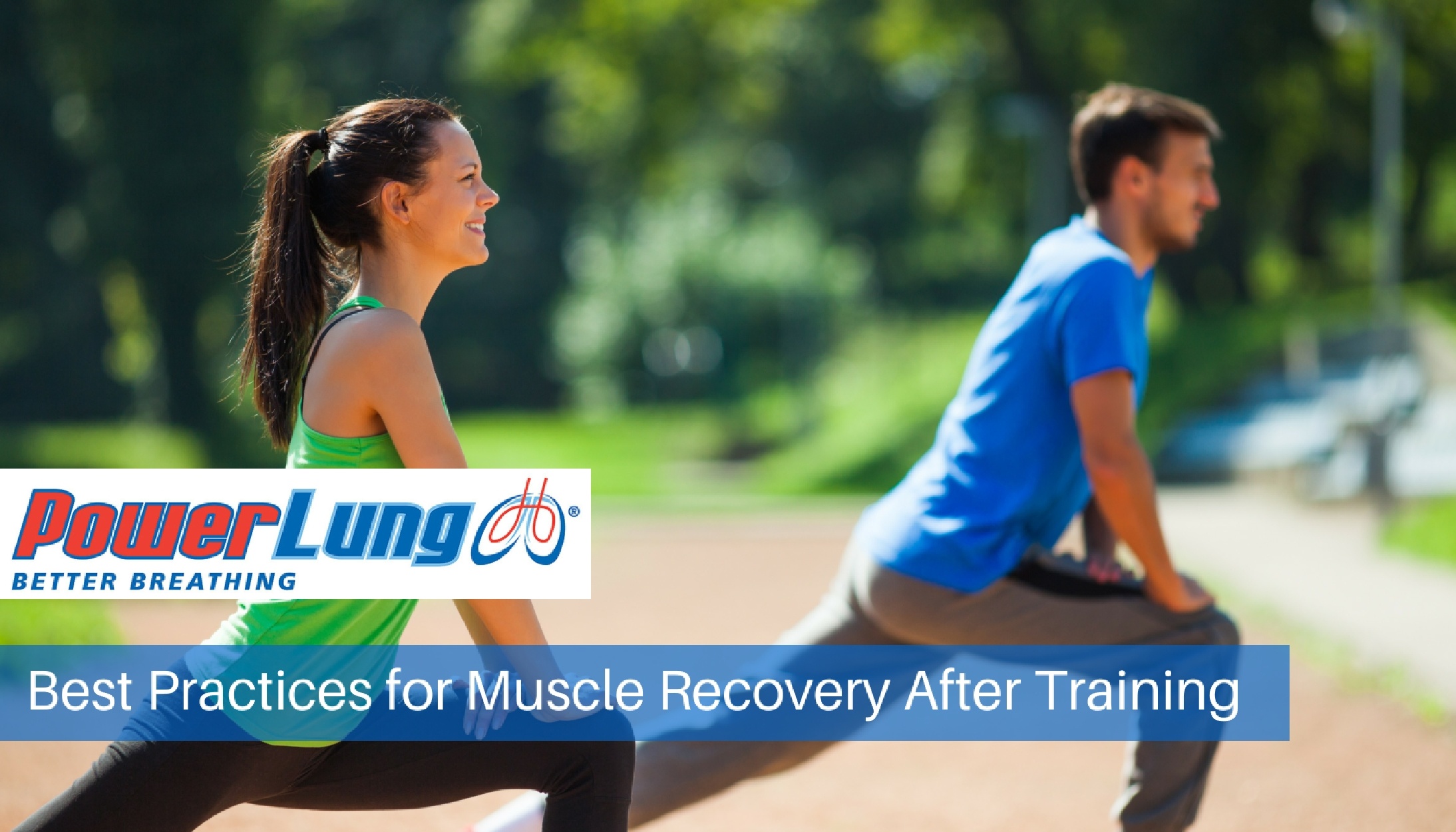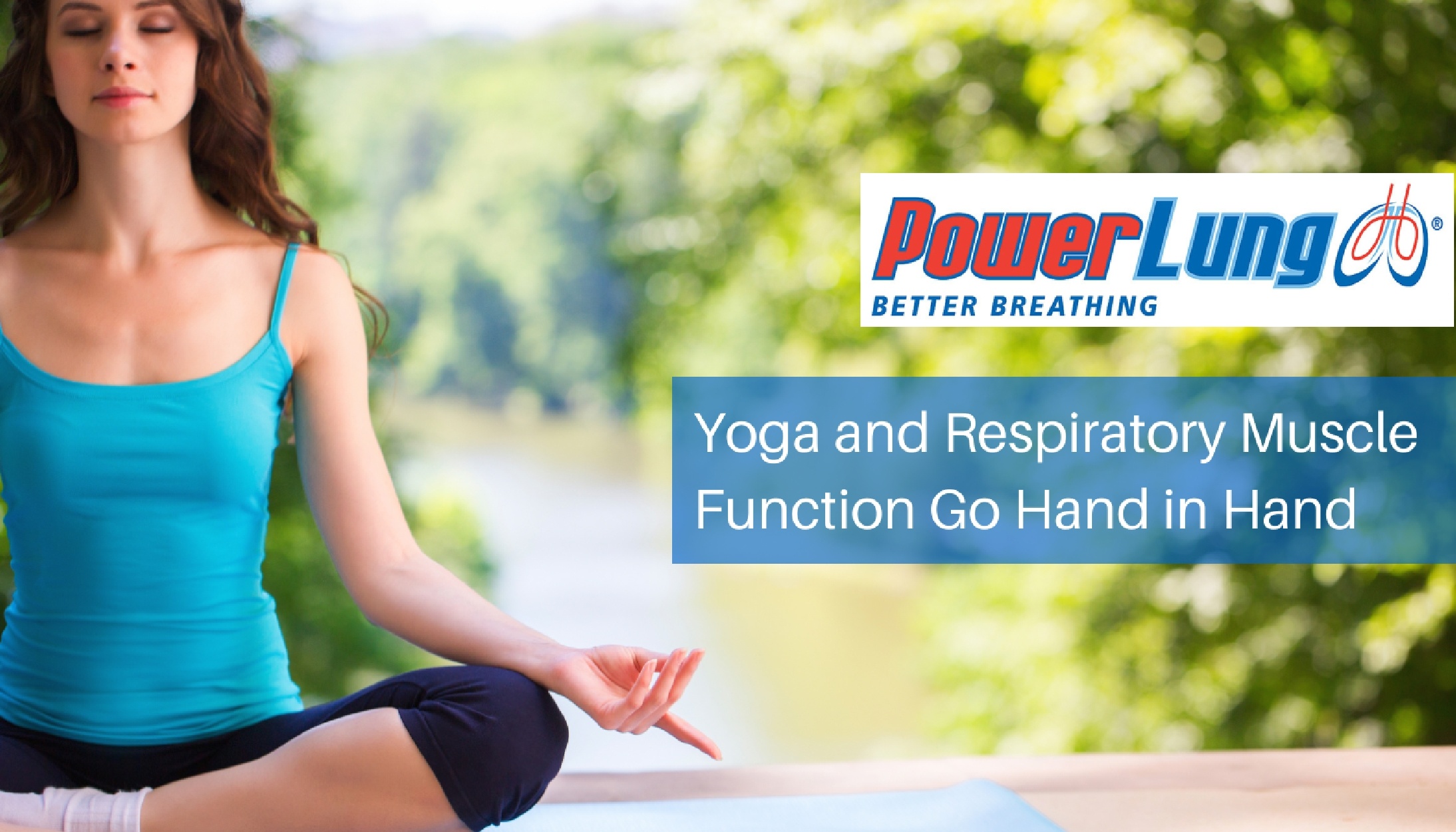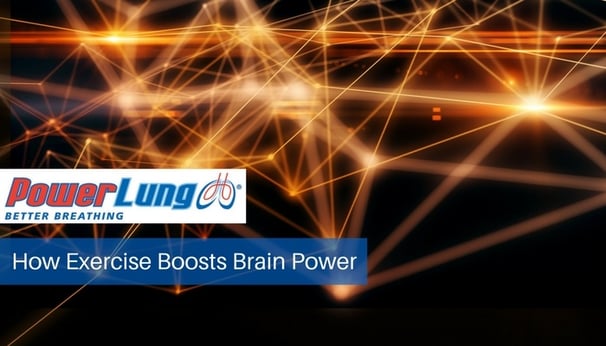
It has long been touted that exercise improves brain function, and this concept has been used widely to support a recent drive to increase physical activity and save recess in schools. However, the benefits go well beyond school age years, and evidence supports the importance of regular physical exercise throughout life. It is a universally accepted understanding that regular exercise is good for the body. However, more and more research is being released showing the benefits to the brain as well. If you are considering starting an exercise regimen, training for a sporting event, or simply want to improve your health, here is some interesting science behind the connection, and a few of the useful facts about regular physical exercise and mental improvement:
Read More
Topics:
Better Breathing,
Training,
Running,
Athletes,
Swimming,
Active Aging,
Health and Fitness,
Track and Field,
Scuba Diving,
Cycling,
Yoga
It is commonly understood that using Respiratory Muscle Training (RMT), a series of exercises and breathing techniques to increase strength and endurance of respiratory muscles, will improve breathing (and subsequently, respiration) during periods of exercise. However, understanding the science behind RMT is important to better utilize the techniques to benefit respiration and endurance.
Read More
Topics:
Better Breathing,
Training,
Triathletes,
Running,
Athletes,
Swimming,
Coaches,
Health and Fitness,
Track and Field,
Scuba Diving,
Cycling,
Mountain Biking,
Soccer,
Rowing,
Hockey,
Crossfit,
Competitive Swimming,
Yoga,
Diving
Metabolism is defined as all chemical reactions happening in the body, maintaining the living state of all cells and the body itself, and is broken down into two categories:
- Catabolism: breakdown of molecules to obtain energy;
- Anabolism: the synthesis of all compounds needed by cells.
Read More
Topics:
Active Aging,
Health and Fitness,
Yoga
You are working hard, maintaining a tough training schedule and feeling good about it, but the soreness is starting to affect you. Your first thought may be to simply back off what you are doing, or quit altogether, but that’s not the answer. There are ways to minimize soreness and improve recovery so you can maintain your training regimen.
Read More
Topics:
Training,
Triathletes,
Running,
Athletes,
Swimming,
Track and Field,
Scuba Diving,
Cycling,
Mountain Biking,
Soccer,
Rowing,
Hockey,
Crossfit,
Competitive Swimming,
Yoga,
Diving
Yoga and respiratory muscle function go together, and it may be hard to decipher which benefits the other. Yogic breathing increases oxygen in your blood and nourishes and repairs your body’s cells, maintaining, and even improving, your health. There is much discussion surrounding “yogic breathing,” and many Yogis assert that the idea of full, deep breathing is unique to their culture. There is even a name given to the deep breathing yogis practice: Pranayama. The practice of Pranayama is the focus and control of breathing to attain a relaxed state, and is translated as “regulated breathing.” However, one cannot ignore how deep breathing is encouraged in any type of exercise, not to mention for relaxation, meditation, and anxiety relief.
Read More
Topics:
Health and Fitness,
Yoga
Read More
Topics:
Better Breathing,
Training,
PowerLung,
Triathletes,
Running,
Athletes,
Swimming,
Coaches,
Active Aging,
Musicians and Vocalists,
Health and Fitness,
Track and Field,
Scuba Diving,
Cycling,
Mountain Biking,
Soccer,
Rowing,
Hockey,
Crossfit,
Competitive Swimming,
Yoga,
Diving


